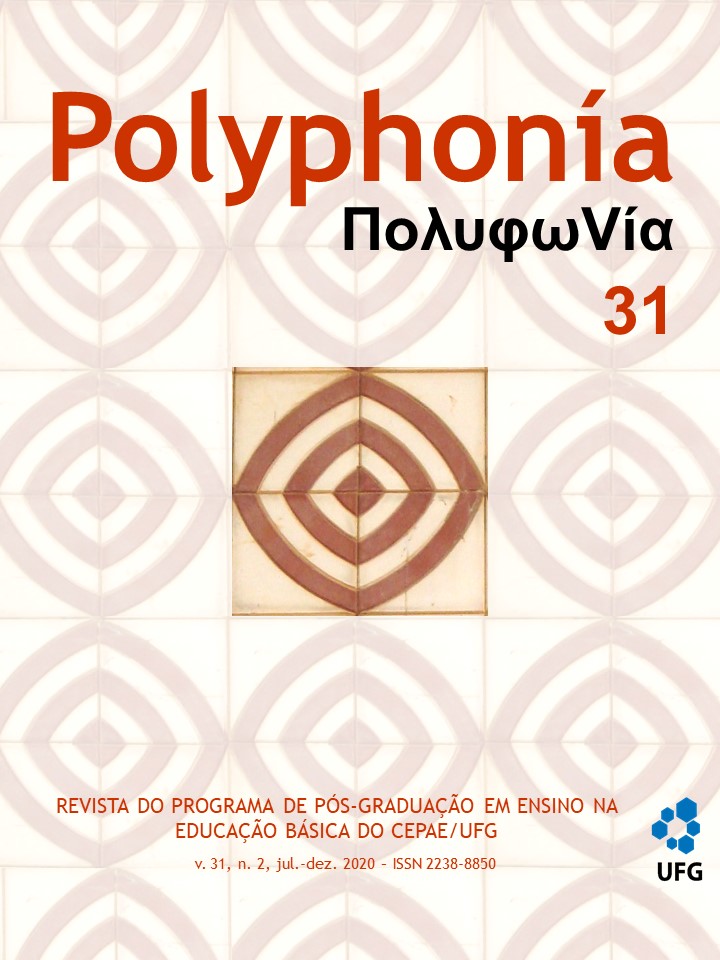Tecnologias digitais e o fenômeno da superdotação: uma análise do conhecimento de estudantes e professores da educação básica
DOI:
https://doi.org/10.5216/rp.v31i2.67087Abstract
This article aimed to analyze the knowledge of gifted students and their respective teachers regarding the use of Digital Information and Communication Technologies (DICT). It is a descriptive study developed in the Extension Project called "Identificação de estudantes com habilidades superiores e aconselhamento para pais e equipe escolar” (Identification of students with higher skills and counseling for their parents and school staff). The instruments applied were activities of the Programa de Atividades Dirigidas (PEDRO, 2016) and two questionnaires created in the Google Forms. The analysis of the students’ performance showed that although they are considered digital natives, there is a need to improve the way they conduct research and use production tools. Regarding the teachers' knowledge, it was verified that technological resources are still underutilized in the school environment since teachers more often exploit resources such as videos and films to the detriment of resources that allow a greater interaction and content production. In this regard, it is necessary to provide teachers with training that meets their needs, so that they can offer their students some pedagogical activities, through the DICT, which enable the student to use production tools and critically evaluate information available on the internet.Downloads
Download data is not yet available.
Downloads
Published
2020-12-16
How to Cite
MAYRA PEDRO, Ketilin; MESSIAS FIALHO CAPELLINI, Vera Lúcia. Tecnologias digitais e o fenômeno da superdotação: uma análise do conhecimento de estudantes e professores da educação básica. Revista Polyphonía, Goiânia, v. 31, n. 2, p. 57–73, 2020. DOI: 10.5216/rp.v31i2.67087. Disponível em: https://revistas.ufg.br/sv/article/view/67087. Acesso em: 11 feb. 2026.
Issue
Section
Dossiê Tecnologias Digitais na Educação Básica
License
Política de direitos autorais (acesso livre). Autores que publicam nesta revista concordam com os seguintes termos: Autores mantém os direitos autorais e concedem à Revista Polyphonía o direito de primeira publicação, com o trabalho simultaneamente licenciado sob a Creative Commons Attribution License que permitindo o compartilhamento do trabalho com reconhecimento da autoria do trabalho e publicação inicial nesta revista.
Autores têm autorização para assumir contratos adicionais separadamente, para distribuição não-exclusiva da versão do trabalho publicada nesta revista (ex.: publicar em repositório institucional ou como capítulo de livro), com reconhecimento de autoria e publicação inicial nesta revista.
Autores têm permissão e são estimulados a publicar e distribuir seu trabalho online (ex.: em repositórios institucionais ou na sua página pessoal) a qualquer ponto antes ou durante o processo editorial, já que isso pode gerar alterações produtivas, bem como aumentar o impacto e a citação do trabalho publicado (Veja O Efeito do Acesso Livre).


